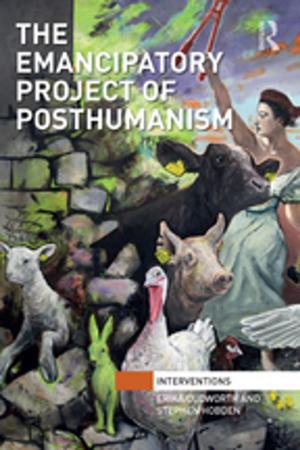Translating National Allegories
The Case of Crime Fiction
Nonfiction, Reference & Language, Language Arts, Linguistics| Author: | ISBN: | 9781351666329 | |
| Publisher: | Taylor and Francis | Publication: | April 15, 2019 |
| Imprint: | Routledge | Language: | English |
| Author: | |
| ISBN: | 9781351666329 |
| Publisher: | Taylor and Francis |
| Publication: | April 15, 2019 |
| Imprint: | Routledge |
| Language: | English |
This book explores the intersection of a number of academic areas of study that are all, individually, of growing importance: translation studies, crime fiction and world literature. The scholars included here are leaders in one or more of these areas. The frame of this volume is imagological; its focus is on the ways in which national allegories are constructed and deconstructed, encompassing descriptions of national characteristics as they play out at the level of the local or the individual as well as broader, political analyses. Its corpus, crime fiction, is shown to be a privileged site for writing the national narrative, and often in ways that are more complex and dynamic than is suggested by the genre’s much-cited role as vehicle for a new realism. Finally, these two areas are problematised through the lens of translation, which is a crucial player in both the development of crime fiction and the formation, rather than simply the interlingual transfer, of national allegory. In this volume national allegories, and the crime novels in which they emerge, are shown to be eminently versatile, foundationally plural texts that promote critical rewriting as opposed to sites for fixing meaning. This book was originally published as a special issue of The Translator.
This book explores the intersection of a number of academic areas of study that are all, individually, of growing importance: translation studies, crime fiction and world literature. The scholars included here are leaders in one or more of these areas. The frame of this volume is imagological; its focus is on the ways in which national allegories are constructed and deconstructed, encompassing descriptions of national characteristics as they play out at the level of the local or the individual as well as broader, political analyses. Its corpus, crime fiction, is shown to be a privileged site for writing the national narrative, and often in ways that are more complex and dynamic than is suggested by the genre’s much-cited role as vehicle for a new realism. Finally, these two areas are problematised through the lens of translation, which is a crucial player in both the development of crime fiction and the formation, rather than simply the interlingual transfer, of national allegory. In this volume national allegories, and the crime novels in which they emerge, are shown to be eminently versatile, foundationally plural texts that promote critical rewriting as opposed to sites for fixing meaning. This book was originally published as a special issue of The Translator.















